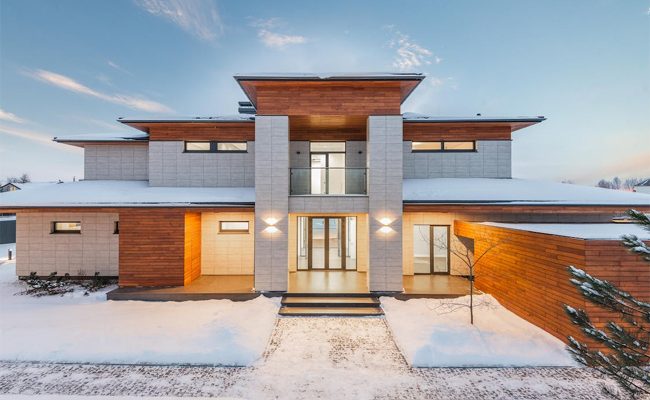
Buying a house is a big responsibility, both emotionally and financially. Although there is a tried-and-true home purchasing method, more and more people are choosing to buy homes during the pre-construction phase. Preconstruction purchases of real estate have their own set of benefits and hazards. You should always choose reliable realtors like the Meta Realty INC Canada, as they can help you purchase a pre-construction home easily. This article will discuss the pros and downsides of purchasing property during the building phase.
Rewards
Here are some points:
Customization:
The ability to personalise your new house is a major selling point for pre-construction purchases. The buyer has a lot of say in the home’s design, down to the smallest details like the layout, the finishing, and the architecture. When buying an existing home, this customisation is typically impossible.
Newness and Product Warranty:
Home warranties often cover things like a newly built home’s roof, appliances, and structure. Buyers may rest easy knowing they won’t have to spend money immediately on repairs or upkeep. Because the entire building is brand new, there won’t be any costs associated with repairs or maintenance in the first few years.
Incentives and Promotions:
Developers attract pre-construction homebuyers with discounts and promotions. These include discounts, incentives, and financing offers to lower the cost. Smart consumers may maximize their savings with these bargains.
Potential for Value Appreciation:
Pre-construction homes in a hot real estate market can be a great investment. If the property’s market worth rises after construction, purchasers will have more equity from the start. Many investors find this profit potential to be quite appealing.
Saving Energy:
Improved insulation, energy-efficient appliances, and environmentally friendly construction materials are the current energy-saving measures in today’s newly constructed homes. Potential buyers concerned about the environment may appreciate these additions since they can result in cheaper power costs and a smaller carbon impact.
Risks
Here are some points:
Changes in Property Value:
Pre-construction houses can increase in value but are still subject to market swings. Property values are susceptible to economic and local real estate changes, which may cause an investor to lose money.
Builder Reputation and Quality:
When purchasing a pre-construction home, it is crucial to consider the reputation and history of the builder. Some builders may need more quality control, resulting in shoddy work. You may understand the builder’s trustworthiness and quality by looking into their past projects and reading testimonials from satisfied customers.
Completion Delays:
Pre-construction homes have the possibility of building delays, which may be quite costly. Weather, worker shortages, and delays in the supply chain are examples of what could dramatically extend the completion date. If the new property is not ready on time, it might create practical difficulties for buyers who have already sold their residences or planned to move out.
Financing Challenges:
Finding a house may be easier than getting pre-construction finance. Purchasers may need interim finance or construction loans with different terms and interest rates than mortgages. Understanding financing alternatives and expenses is crucial.
Uncertainty in the Neighborhood:
It’s common for buyers of pre-construction homes to know nothing about the area. The property’s desirability and value may rise or fall due to post-purchase improvements or alterations to nearby amenities like schools and infrastructure. To reduce this danger, it is necessary to investigate the region thoroughly.
Mitigating the Risks
While purchasing a property during the building phase is not without its problems, there are ways in which prospective purchasers might lessen those risks:
Financial Planning: Learn all about the financing process, including the need for bridge funding. If you want favourable financing arrangements, it’s better to go to a mortgage broker.
Regular Updates: Maintain regular contact with the developer or builder to stay abreast of the building’s development. Keep an emergency backup plan ready.
Home Inspection: Once the property is complete, a professional house inspector should be hired to detect any building errors or concerns.
Thorough Research: Look at the company’s background, completed projects, and feedback from former clients. Inquire for references and check out their finished projects to gauge their level of work.
Neighbourhood Analysis: Do some in-depth investigation of the area. Think about things like the nearby schools, public transit, and conveniences.
Legal Protection: Consult a real estate lawyer who focuses on deals involving new development. They may check your warranties and contracts to make sure you’re covered.
Conclusion
Due to renovations and customisation, buying a property during development may be profitable. Building delays, market volatility, and unknowns about the location are risks. Knowing the pros and downsides of buying a pre-construction property from might help buyers avoid contractor issues.
Leave a Reply